Our People
Our People
Co-Chairs
Co-Chairs
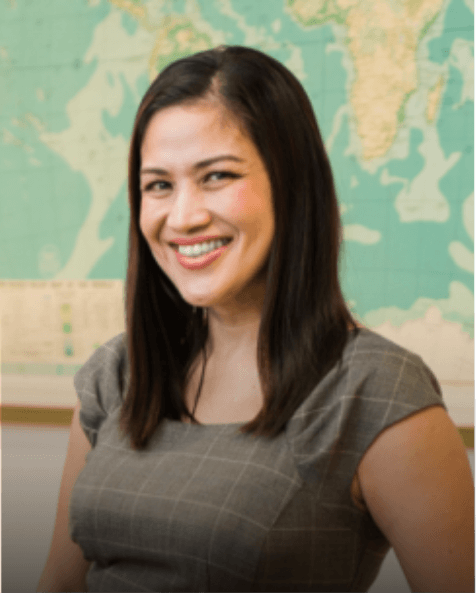
Dr Seow Ing Chin Dorothy Tricia
tricia.seow@nie.edu.sg
Dr Tricia Seow is a geography educator with interest in sustainability and environmental education, in particular the signature pedagogies that support sustainability and environmental education. To this end, she has actively conducted research on-field and classroom-based inquiry learning, place-based learning, engaging students in talk around environmental data, and teachers’ conceptions and practice in environmental and sustainability education.
An experienced teacher with both MOE and NIE, Dr Seow also focuses on teaching innovations related to inquiry based learning, gamification, and tech-enabled learning.
Ongoing Projects
Completed Projects
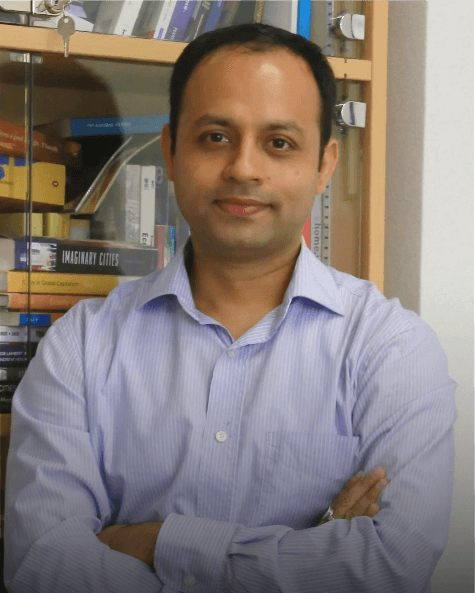
A/P Diganta Das
diganta.das@nie.edu.sg
Dr Tricia Seow is a geography educator with interest in sustainability and environmental education, in particular the signature pedagogies that support sustainability and environmental education. To this end, she has actively conducted research on-field and classroom-based inquiry learning, place-based learning, engaging students in talk around environmental data, and teachers’ conceptions and practice in environmental and sustainability education.
An experienced teacher with both MOE and NIE, Dr Seow also focuses on teaching innovations related to inquiry based learning, gamification, and tech-enabled learning.
Ongoing Projects
Completed Projects
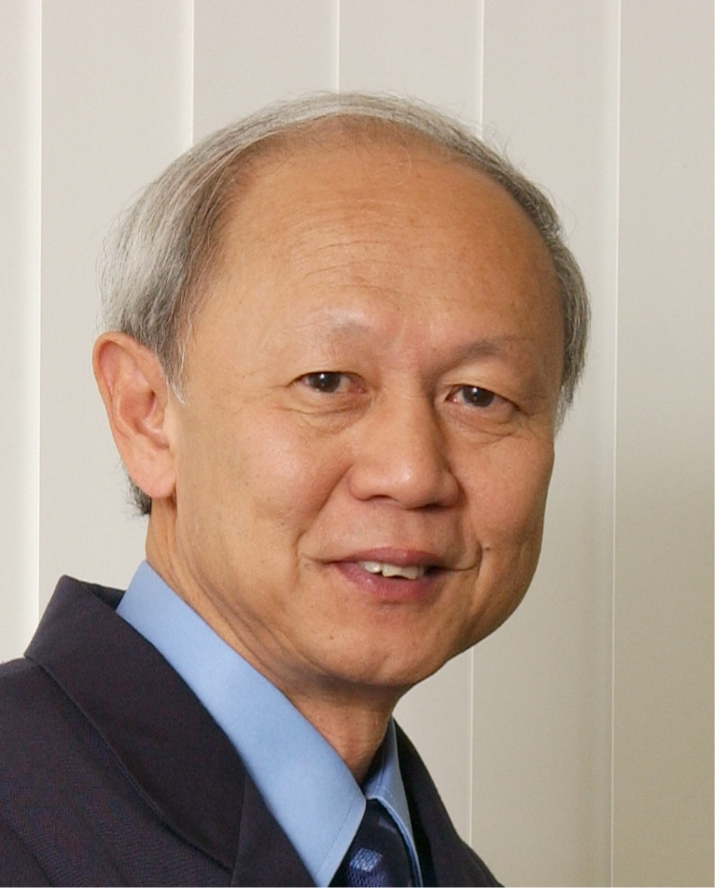
Prof Paul Teng Piang Siong
DEAN AND MANAGING DIRECTOR, NATIONAL INSTITUTE OF EDUCATION INTERNATIONAL ADJUNCT SENIOR FELLOW, S. RAJARATAM SCHOOL OF INTERNATIONAL STUDIES ADJUNCT SENIOR FELLOW, NATURAL SCIENCES & SCIENCE EDUCATION ACADEMIC GROUP, NIE paul.teng@nie.edu.sg
Professor Teng is Managing Director and Dean of NIE International Pte. Ltd (the education consultancy and outreach arm of NIE) as well as Adjunct Senior Fellow of the Centre for Non-Traditional Security Studies, both of which are entities of Nanyang Technological University, Singapore. Additionally, he maintains a close affiliation with NIE as Adjunct Senior Fellow in the Natural Sciences & Science Education Academic Group. Further, he is Senior Adviser (agri-food) to A*STAR Singapore while advising several other regional organisations (e.g. The Southeast Asian Regional Center for Graduate Study and Research in Agriculture, The Asian Productivity Organisation) and local agri-food start-ups from Singapore pro bono. Professor Teng is internationally recognised for his expertise in tropical agrifood systems and (bio)technologies, sustainable rural transformation as well as food security, with a focus on smallholder cropping systems such as rice-based ecosystems.
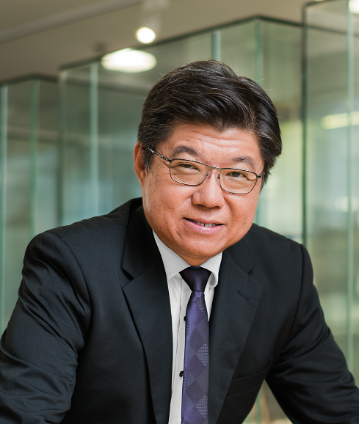
Prof Hung Wei Loong, David
DEAN, EDUCATION RESEARCH PRESIDENT’S CHAIR IN LEARNING SCIENCES PROFESSOR, NATIONAL INSTITUTE OF EDUCATION – LEARNING SCIENCES AND ASSESSMENT CENTRE DIRECTOR (SCIENCE OF LEARNING IN EDUCATION), OER, NATIONAL INSTITUTE OF EDUCATION david.hung@nie.edu.sg
Professor David Hung is Dean of Education Research and Centre Director of Science of Learning in Education at the National Institute of Education (NIE), Nanyang Technological University (NTU). He is also the President’s Chair in Learning Sciences. His research interests lie in the fields of learning and instructional technologies, (social) constructivism, cognition as well as communities of practice. His foundational knowledge in the science of learning, the learning sciences and the science of educational systems has prepared him for his current forays into neuroscience, as well as physiological and other biological indicators of learning.
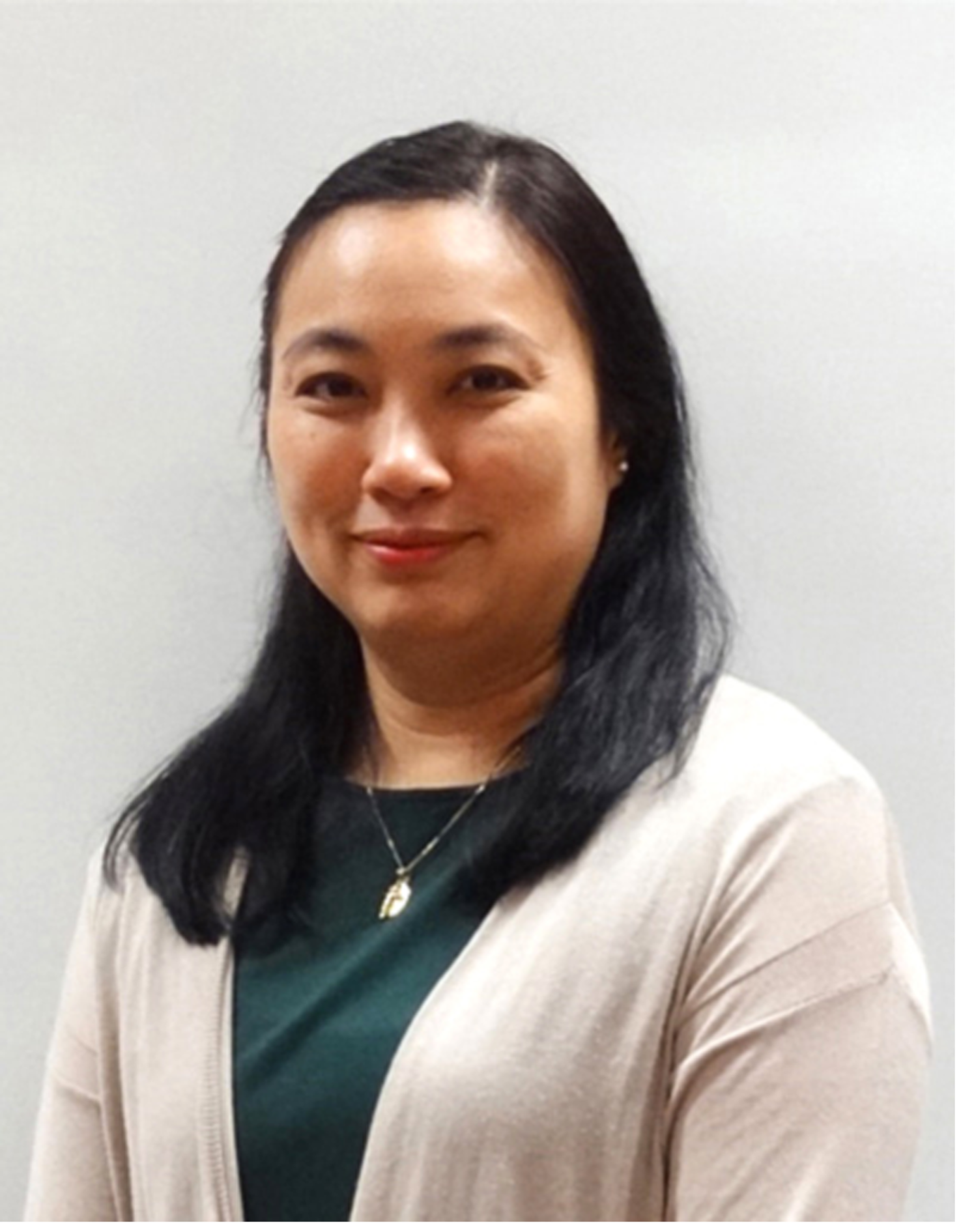
Assoc Prof Ivy Maria Lim
Head, Humanities and Social Studies Education
HEAD, HUMANITIES AND SOCIAL STUDIES EDUCATION ivy.lim@nie.edu.sg
Ivy Maria Lim is Associate Professor and Head of Humanities and Social Studies Education, National Institute of Education, where she now teaches courses on the history of Singapore and East Asia. Her research interests revolve around issues pertaining to social and cultural history. She previously served as an expert advisor and curriculum writer on a five-year curriculum development project on shared histories in Southeast Asia with UNESCO. Prior to that, Ivy was a collaborator on a Singapore heritage game with the School of Art, Design and Media (ADM) at Nanyang Technological University. Ivy is currently a member of the National Heritage Board’s National Collection Advisory Panel as well as the Educators for Founders Memorial Core Group and the National Library’s Acquisition Committee. She is also the president of the History Association of Singapore.
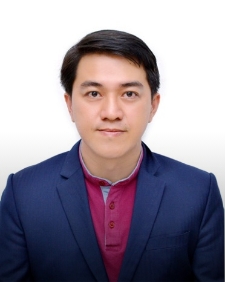
Dr. Tran Duc Dung
RESEARCH FELLOW ducdung.tran@nie.edu.sg
Dung Duc Tran is a research fellow at Humanities and Social Studies Education Academic Group, NIE, NTU. Before being at NIE, he was the vice director of the Centre of Water Management and Climate Change of Vietnam National University in Ho Chi Minh City. Sustainable development has been a core component of his research interests. Besides attending to hydrology/hydraulic issues within the Mekong Delta (e.g. integrated water management strategies) for the last two decades, he is also working in the field of socio-hydrology where he examines how farming livelihoods can be rendered (more) sustainable.
Selected Publications
Livelihood vulnerability and adaptability of coastal communities to extreme drought and salinity intrusion in the Vietnamese Mekong Delta.
Sustainability of rice-based livelihoods in the upper floodplains of Vietnamese Mekong Delta: Prospects and challenges.
Dramatic decrease of flood frequency in the Mekong Delta due to river-bed mining and dyke construction.
Long-term sustainability of the Vietnamese Mekong Delta in question: An economic assessment of water management alternatives
Questioning triple rice intensification on the Vietnamese Mekong Delta floodplains: An environmental and economic analysis of current land-use trends and alternatives.
Assessing impacts of dike construction on the flood dynamics in the Mekong Delta.
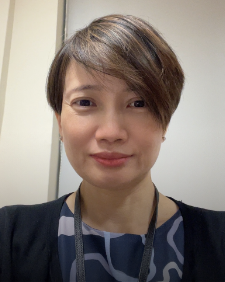
Ms. See Phay Fun
HIGHER TECHNICAL SPECIALIST HUMANITIES AND SOCIAL STUDIES ACADEMIC GROUP phayfun.see@nie.edu.sg
Phay Fun attends to the general administrative and technical aspects of Sustainability Learning Lab’s (SLL) daily operations. Besides taking care of its financial matters and lab facilities/equipment, she also supports multiple Principal Investigators with their respective research projects.
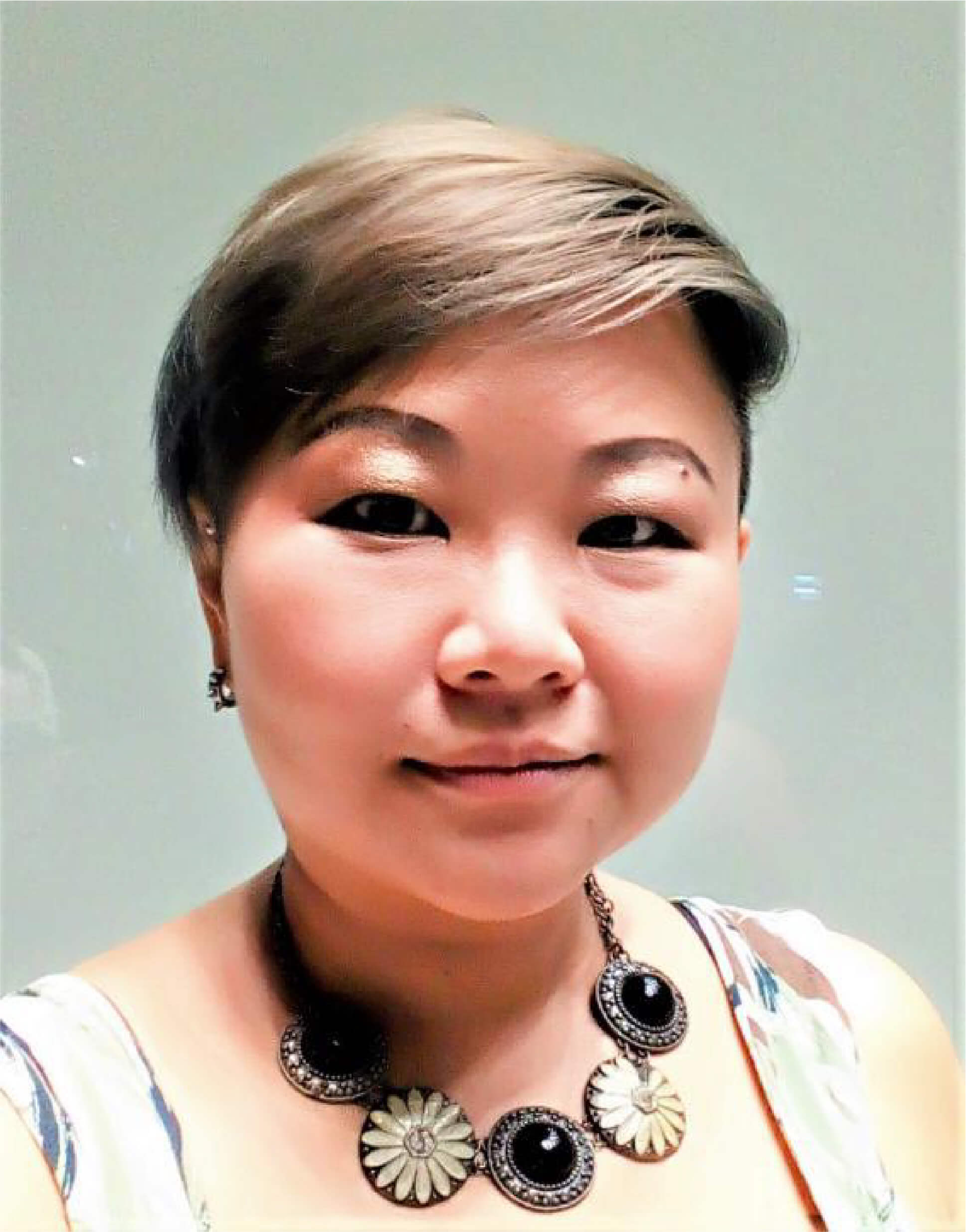
Dr. Tan Qian Hui
POST-DOCTORAL RESEARCH FELLOW, ASIA RESEARCH INSTITUTE, NATIONAL UNIVERSITY OF SINGAPORE tqh@nus.edu.sg
Qian Hui provides research and administrative support to the Sustainability Learning Lab (SLL). She is actively involved in the conceptualisation of its new website, including its signature pedagogies on sustainability/environmental education with Dr. Tricia Seow. Additionally, she has co-edited a special issue of HSSE online that spotlights issues and educational practices related to sustainability. Her research interests in the politics of sustainability as well as the intimate connections between waste and labour are often informed by critical theoretical perspectives. Further, Qian Hui is a Postdoctoral Research Fellow based at the Asia Research Institute (ARI), where she examines how plastic objects (especially single-use disposable plastics) are consumed, handled, discarded and reused/recycled within households in Singapore.
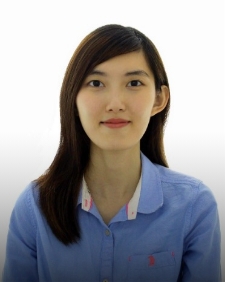
Ms. Pang Tien Feng
Pang Tien Feng is a PGDE student (2021 intake) who is part of the team that designed the board game, Singapore Untamed (https://accommodatesg.com/index.php/singapore-untamed/). She is interested in the pedagogical potential of games, where she believes that well-designed ones can provide a fun and informative way of learning. She also hopes to showcase the rich biodiversity of Singapore’s ecological habitats, as well as how organisms have adapted to their evolving environments.
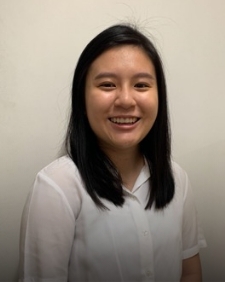
Ms. Ong Zhiqing
Ms Ong Zhiqing is an undergraduate student at NIE. She is interested in how sustainability intersects with urban liveability and the green economy. Her current research project explores game-based learning as a pedagogical tool for environmental education. Specifically, she is examining how a physical card game “Getting to Zero”, can engage students in understanding how Singapore can achieve net zero carbon emissions by 2050 (or not).
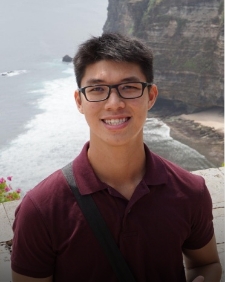
Mr. Colin Leong
Mr. Colin Leong is a Year 3 Geography student-teacher at NIE. He is passionate about climate change education, which is at the forefront of the geography secondary school and junior college syllabi. More specifically, he is interested in how transformative environmental action can take place on an individual or micro scale, in tandem with macro (i.e. inter-governmental, national) ones. Additionally, he is examining the pedagogical and technological affordances of smartphone applications (e.g. Adva, a carbon calculator), especially with respect to how they can play a productive role in promoting eco-citizenship.
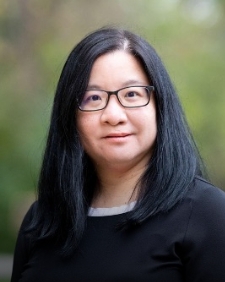
Prof Ho Li-Ching
Li-Ching Ho is Professor of Curriculum and Instruction and Faculty Director of Global Engagement of the School of Education, University of Wisconsin-Madison. Her research, conducted primarily in East and Southeast Asia, attends to ideas organised around socio-political and environmental sustainability. Specifically, she has focused on social diversity in civic education, differentiated access to citizenship education and environmental citizenship. In her latest co-authored book titled Curriculum for Justice and Harmony, she argues that education must prepare young people to act on issues pertaining to social justice and harmony in order for communities to sustain themselves. She is a co-editor of The Palgrave Handbook of Global Citizenship and Education and has published research articles in Theory and Research in Social Education, Journal of Curriculum Studies, Teachers College Record, Teaching and Teacher Education, among others.
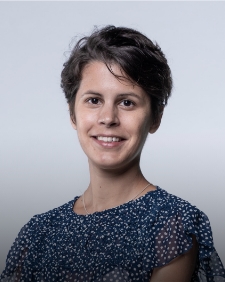
Asst Prof Perrine Hamel
Perrine is an Assistant Professor at Nanyang Technological University, Singapore, and Principal Investigator at the Earth Observatory of Singapore. Her research examines how nature in cities, such as parks, trees, green roofs, among others, contributes to urban sustainability while rendering these places resilient and inclusive. She is well-versed in the fields of ecosystem services modeling, stormwater monitoring and management as well as climate resilience. She offers authentic, project-based learning experiences in the courses that she teaches on urban resilience, geospatial information systems, and field practice in Southeast Asia (including Singapore).
Related publications
Blue–green infrastructure for flood and water quality management in Southeast Asia: evidence and knowledge gaps.
Mapping the benefits of nature in cities with the InVEST software.
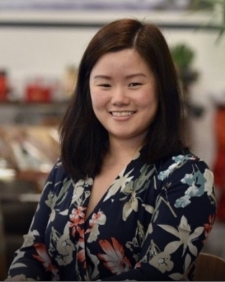
Ms Melissa Low
Research Fellow
melissa.low@nus.edu.sg
Melissa Low is a Research Fellow at the National University of Singapore’s (NUS) Centre for Nature-based Climate Solutions. She holds an LLM in Climate Change Law and Policy (with distinction) from the University of Strathclyde, MSc in Environmental Management. For her Master’s thesis on past and contemporary proposals on equity and differentiation in shaping the 2015 climate agreement, she was awarded the Shell Best Dissertation Award in 2013. She has previously worked at the Energy Studies Institute, NUS where she carried out research projects on a range of energy and climate issues of concern to Singapore and the region. She has participated in the United Nations Framework Convention on Climate Change (UNFCCC) Conference of Parties (COP) for over a decade and is an active sustainability thought leader, authoring, publishing and presenting at various forums. In 2021, Melissa was conferred the NEA EcoFriend Award and the Public Service Medal (Pingat Bakti Masyarakat) for her contributions towards environmental sustainability, climate change awareness and impact on youth. She serves as Chair of the Climate Action SG Alliance and is also an Advisory Committee Member for the MSE SG Eco Fund.
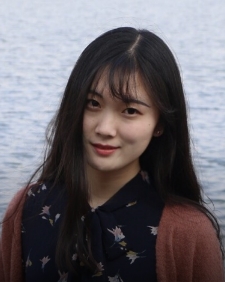
Ms Ding Ning
PHD STUDENT, THE ASIAN SCHOOL OF THE ENVIRONMENT, NTU
DING0141@e.ntu.edu.sg
Ding Ning is a PhD student with the Asian School of the Environment (ASE) at Nanyang Technological University (NTU). Her research project focuses on the important role that nature-based solutions (NBS) for sustainable stormwater management within urban Southeast Asia can play, especially in light of the effects engendered by climate change (e.g. greater extent of flooding). The project’s twin objectives are first, establishing a low-cost, open-source, real-time, autonomous and continuous mode of monitoring the quality of nature-based systems. The second objective involves modeling the performance of such nature-based solutions for stormwater management (e.g. flood mitigation, water purification) on a larger watershed scale.
